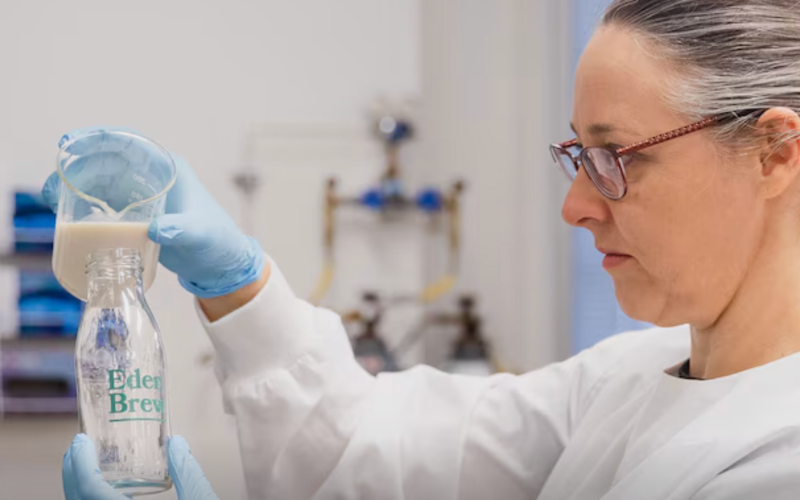Entry of Lab-Grown Milk Proteins Challenges Traditional Dairy Industry

The dairy industry in the United States is experiencing a significant disruption with the introduction of lab-grown milk proteins. These proteins, produced through fermentation, mimic the whey and casein found in traditional cow's milk. This innovation has circumvented the need for livestock, posing a direct challenge to the conventional dairy supply chain.
The arrival of these fermentation-derived products in U.S. markets has sparked considerable backlash from traditional dairy farmers. Concerns are mounting over the potential impact on commodity milk prices and the stability of rural economies reliant on dairy farming. Producers fear that scalable, lab-grown proteins could undermine the profitability of both small family farms and large cooperative operations.
Central to the dairy sector's response is the debate over labeling and consumer transparency. Traditional dairy producers are advocating for stringent regulations to ensure that lab-grown products are clearly distinguished from cow-derived milk. This issue focuses on authenticity and consumer awareness, given that the proteins, although chemically identical, are produced without animals.
Proponents of lab-grown milk highlight its potential benefits, including supply stability and reduced environmental impact. These products could offer a more reliable supply chain, unaffected by weather, animal health, or seasonal fluctuations, appealing to major food companies keen on sustainable sourcing.
The U.S. market launch of these products is being closely monitored by global industry analysts. The outcome will influence future investments in either enhancing traditional milk production or expanding fermentation technology on an international scale.










